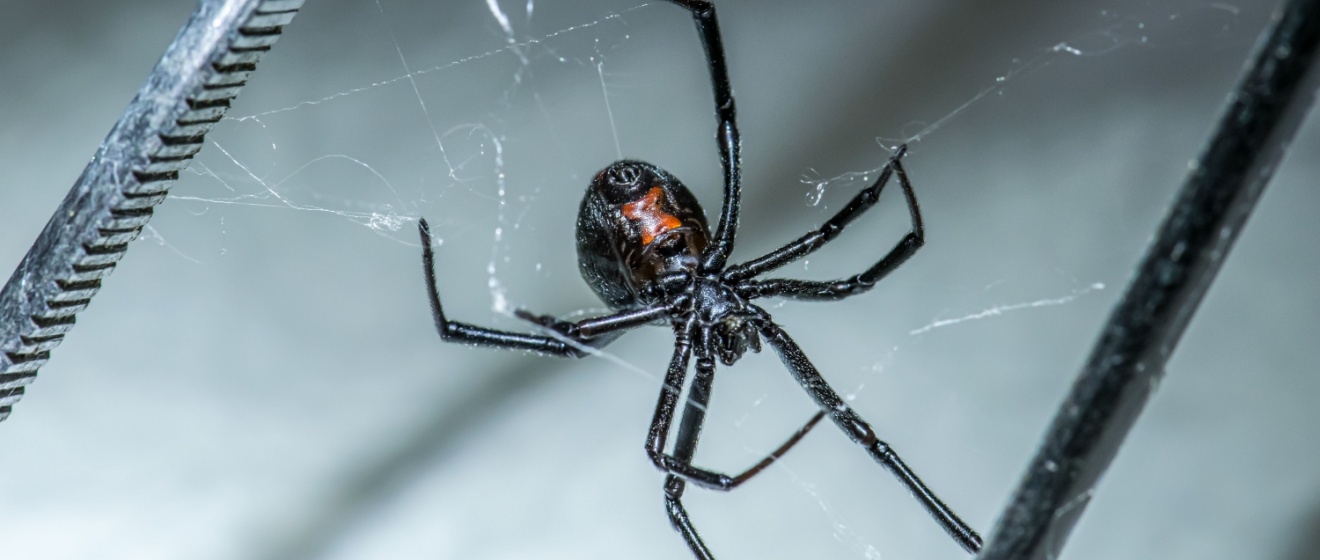Spiders are an essential part of the ecosystem, helping to control insect populations. However, when they invade your home, they can become a serious nuisance. Some spiders are harmless, but others, like the brown recluse or black widow, can pose significant health risks. If you’re dealing with a spider problem in your Cincinnati home, it’s important to take action quickly to eliminate the infestation and prevent it from recurring.
Identifying the Severity of the Spider Problem
The first step in dealing with a spider infestation is assessing the severity of the problem. Here are some signs that you might have a spider issue:
- Frequent Sightings: If you’re seeing spiders regularly in your home, particularly in multiple rooms, this could indicate a larger infestation.
- Webs in Corners and Hidden Areas: Spiders often build webs in out-of-the-way places like corners, closets, basements, and attics. Finding numerous webs is a sign that spiders have made themselves at home.
- Spider Egg Sacs: Spider egg sacs are small, round, and usually white or light brown. If you find these in your home, it means spiders are reproducing, and the problem could escalate quickly.
- Presence of Dangerous Species: If you spot venomous spiders like brown recluses or black widows, immediate action is required to protect your family from potential bites.
Steps to Get Rid of a Spider Problem
Once you’ve identified a spider problem in your home, follow these steps to get rid of them:
- Declutter Your Home: Spiders love cluttered spaces where they can hide. Start by decluttering your home, especially in storage areas like basements, attics, and garages. Keep items in sealed plastic bins rather than cardboard boxes, which spiders can easily enter.
- Clean Regularly: Regular cleaning can help reduce the number of insects in your home, which in turn reduces the food source for spiders. Vacuum regularly, paying special attention to corners, under furniture, and other areas where spiders might hide.
- Remove Webs: Use a vacuum or broom to remove spider webs and egg sacs as soon as you see them. This disrupts their habitat and can help prevent the spiders from laying more eggs.
- Seal Entry Points: Spiders can enter your home through tiny cracks and gaps around windows, doors, and foundations. Inspect your home for these entry points and seal them with caulk or weatherstripping. Also, ensure that screens on windows and doors are intact and fit snugly.
- Reduce Outdoor Lighting: Insects are attracted to light, and spiders are attracted to insects. Reducing outdoor lighting can decrease the number of insects around your home, which in turn can reduce the number of spiders.
- Use Natural Repellents: Some natural remedies can help repel spiders. For example, spiders dislike the smell of peppermint oil. Mix a few drops of peppermint oil with water in a spray bottle and spray it around your home’s entry points and areas where you’ve seen spiders.
- Set Traps: Sticky traps can be an effective way to catch and kill spiders. Place these traps in areas where you’ve noticed spider activity, such as along baseboards, in closets, and under furniture.
- Call a Professional Exterminator: If your spider problem persists despite your efforts, it’s time to call in the professionals. A pest control expert can assess the situation and provide targeted treatments to eliminate the infestation and prevent future problems.
Why Professional Help Is Often Necessary
While DIY methods can be effective for small infestations, professional exterminators have the tools and expertise to deal with larger or more persistent spider problems. They can identify the species of spiders in your home, apply effective treatments, and offer advice on long-term prevention.
If you’re struggling with a spider problem in Cincinnati, contact Delhi Pest Control today. We’re here to help you reclaim your home from these unwanted guests.

